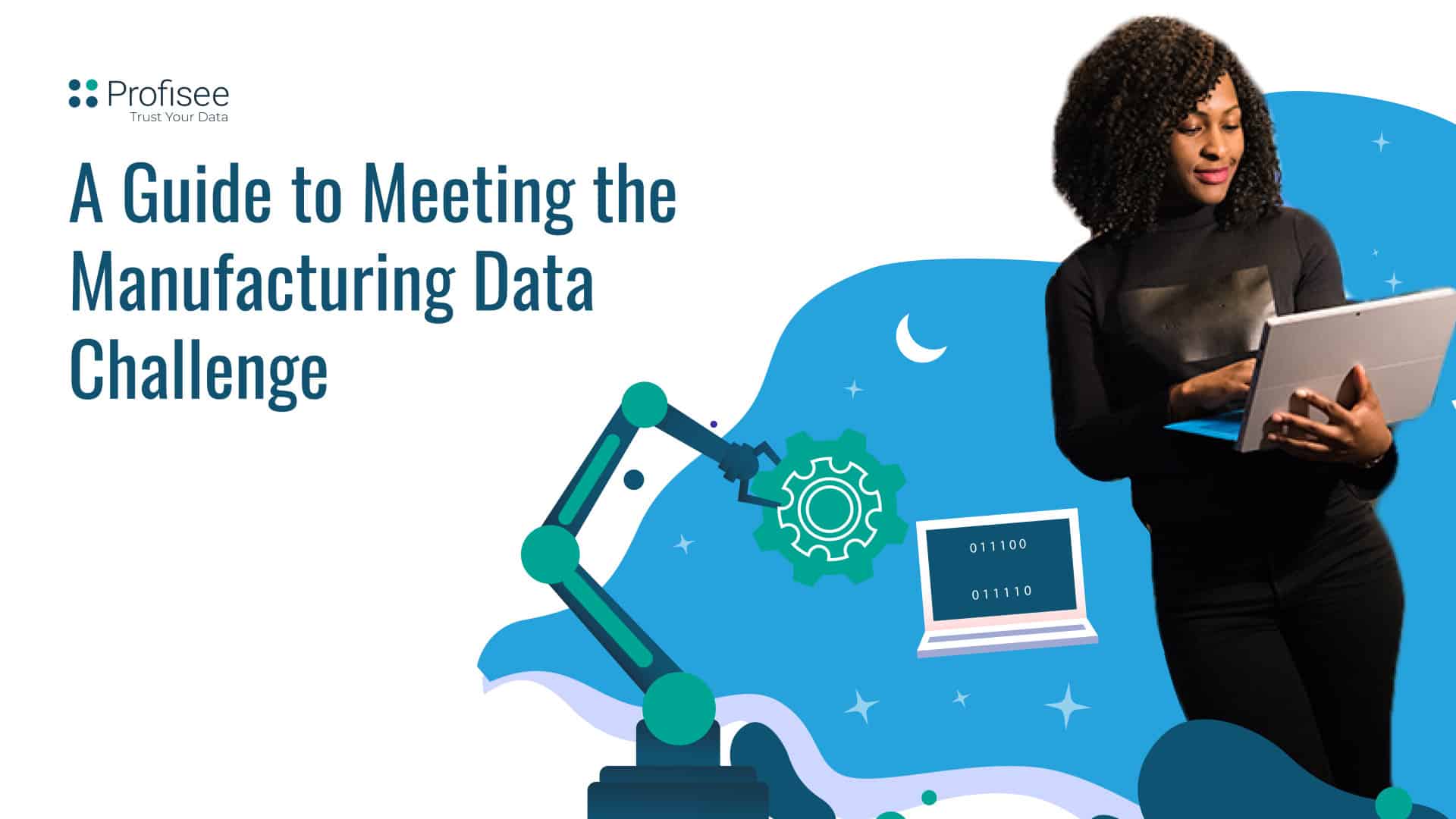Did you know there are 7,500 different kinds of apples? Did you know that you, on average, make 35,000 choices in a day? Even at this very moment, you chose to click and read this blog.
Choices are everywhere, and in today’s world, the variety is seemingly endless.
The Choice theory would say that you narrow down your personal choices to five basic human needs: survival, love and belonging, power, freedom, and fun. Making a decision that furthers one’s interests I’m sure is not a surprising concept to you, but how does it relate when you are trying to solve an internal business problem for a group and not just a personal one?
Like many industries, Manufacturing is full of choices. What is the best way to produce a product at scale? How do we stay within budget but still produce a product of high-quality? From machines creating the products to the minds of employees making lasting decisions, choices are everywhere.
The problem is that Manufacturing has an intimidating and complex data problem that is throwing a wrench in making trusted decisions. Much like choices, Manufacturing data is also everywhere.
Typically, organizations start by supporting Manufacturing operations at a single location. This is commonly achieved by implementing data tools such as ERPs, procurement systems, or different databases at each location.
The problem surfaces as Manufacturing organizations begin to scale. The complexity of data increases with the introduction of each new product line, geographic region, and acquisition. Decentralization of data may have been desirable in the past, but today, most manufacturers want to build upon their scale and need access to more centralized data, even if their operations stay decentralized.
Recommendations for Manufacturing Data Management
So, the question on the table is, what can Manufacturing companies do? What choices do they have to fix their data silo or ERP sprawl?
In the spirit of the Choice Theory, we sat down and thought about the five basic human needs that drive decisions. What could give your company the power and freedom to make trusted decisions based on insights across the company? What could make your data-centric employees fall back in love with their goals by having clean data? What could make your job more fun by having trusted data? And most importantly, what could help your company survive through any fiscal environment?
We narrowed it down to three options:
- The Manual Approach
- Consolidating ERPs
- Master Data Management
Like all choices, each one of them has its pros and cons. Luckily, we have boiled down everything into a comprehensive article that will help you realize which option is too cold, too hot, or just right for you and your company. We hope this can serve as a resource for your team as you begin your digital transformation journey.
Find the perfect data silo cure for your company.

Forrest Brown
Forrest Brown is the Content Marketing Manager at Profisee and has been writing about B2B tech for eight years, spanning software categories like project management, enterprise resource planning (ERP) and now master data management (MDM). When he's not at work, Forrest enjoys playing music, writing and exploring the Atlanta food scene.











